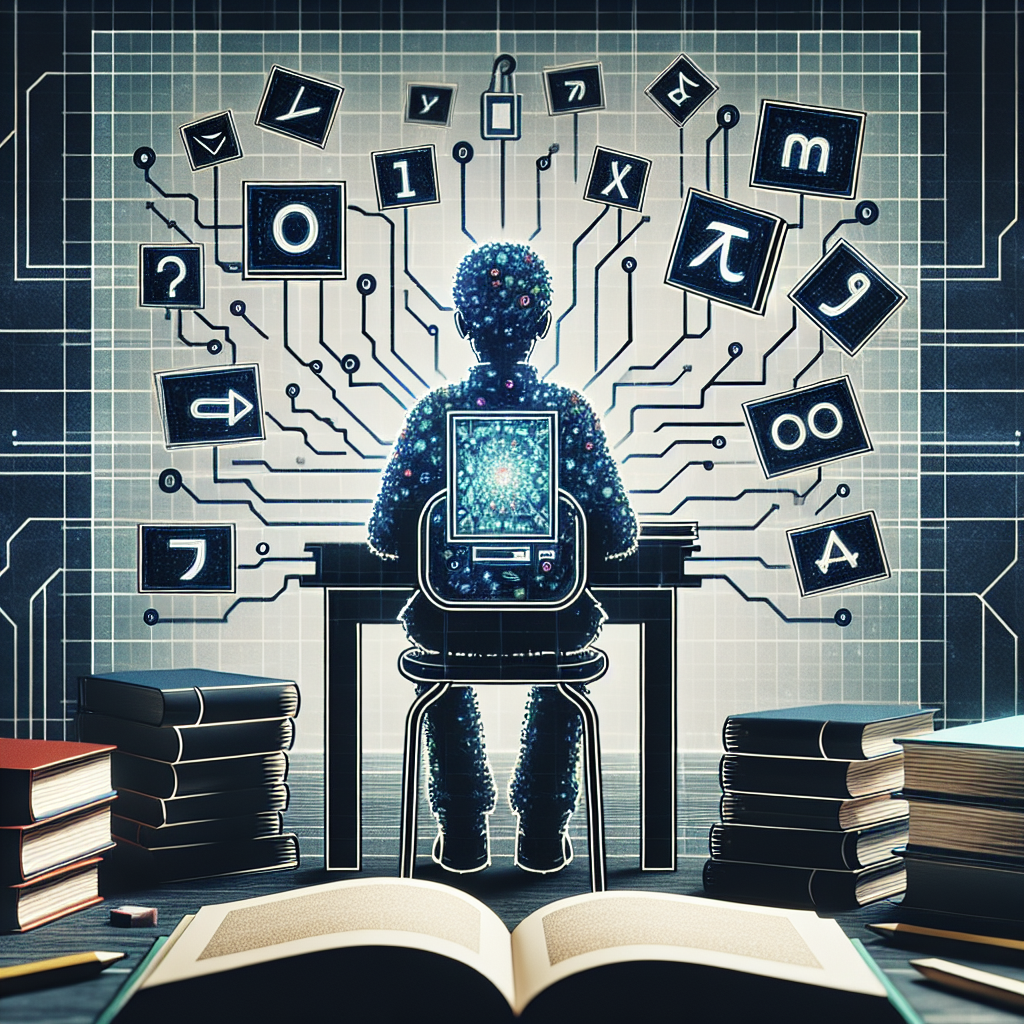In recent years, the field of artificial intelligence (AI) has made great strides in revolutionizing various industries, including education. One area where AI is making a significant impact is in the development of adaptive textbooks, which are designed to customize content for individual learners based on their needs and preferences. This personalized approach to learning has the potential to greatly enhance the educational experience for students of all ages and abilities.
Adaptive textbooks use AI algorithms to analyze data about a student’s learning patterns, strengths, and weaknesses. This data is then used to tailor the content of the textbook to meet the individual needs of each student. For example, if a student is struggling with a particular concept, the textbook can provide additional explanations, examples, or exercises to help them better understand the material. On the other hand, if a student is excelling in a certain area, the textbook can offer more advanced content to challenge them and keep them engaged.
One of the key benefits of adaptive textbooks is that they allow students to learn at their own pace. Traditional textbooks follow a one-size-fits-all approach, which can be limiting for students who learn at different speeds or in different ways. With adaptive textbooks, students can progress through the material at a pace that is comfortable for them, ensuring that they fully understand each concept before moving on to the next.
Another advantage of adaptive textbooks is that they can provide immediate feedback to students. AI algorithms can track a student’s progress in real-time and identify areas where they may be struggling. This feedback can help students identify their weaknesses and focus their efforts on improving in those areas. Additionally, adaptive textbooks can offer personalized recommendations for additional resources or exercises that can help students strengthen their understanding of a particular topic.
In addition to customizing content for individual learners, adaptive textbooks can also help teachers better track student progress and tailor their instruction to meet the needs of their students. By providing detailed analytics on each student’s performance, teachers can identify areas where students may need additional support and adjust their teaching strategies accordingly. This can help ensure that every student receives the help and guidance they need to succeed.
Despite the many benefits of adaptive textbooks, there are also some challenges and limitations to consider. One potential drawback is the reliance on technology, which can be a barrier for students who do not have access to the necessary devices or internet connectivity. Additionally, there may be concerns about data privacy and security, as adaptive textbooks collect and analyze large amounts of personal data about students.
Overall, adaptive textbooks have the potential to revolutionize the way students learn by providing personalized, interactive, and engaging content that meets the unique needs of each learner. As AI technology continues to advance, we can expect to see even more innovative applications of adaptive textbooks in the future.
FAQs:
Q: How do adaptive textbooks work?
A: Adaptive textbooks use AI algorithms to analyze data about a student’s learning patterns, strengths, and weaknesses. This data is then used to customize the content of the textbook to meet the individual needs of each student.
Q: What are the benefits of adaptive textbooks?
A: Adaptive textbooks allow students to learn at their own pace, provide immediate feedback, and help teachers track student progress and tailor their instruction to meet the needs of their students.
Q: Are there any limitations to adaptive textbooks?
A: Some potential limitations of adaptive textbooks include reliance on technology, concerns about data privacy and security, and accessibility issues for students who do not have access to the necessary devices or internet connectivity.
Q: How can adaptive textbooks improve the educational experience for students?
A: By providing personalized, interactive, and engaging content that meets the unique needs of each learner, adaptive textbooks have the potential to greatly enhance the educational experience for students of all ages and abilities.

